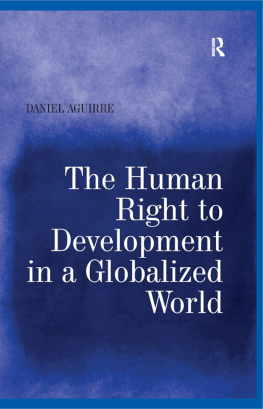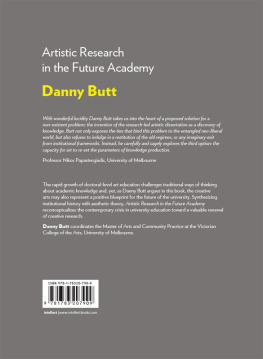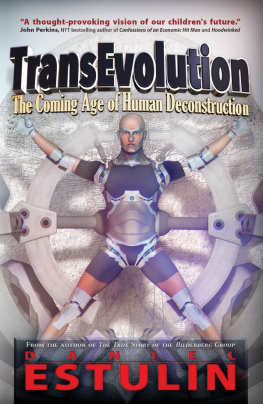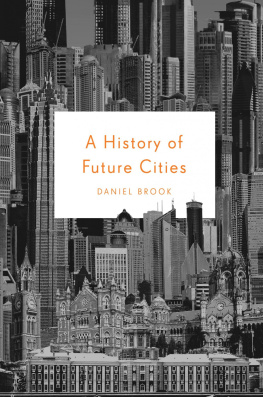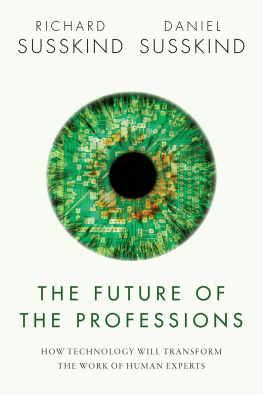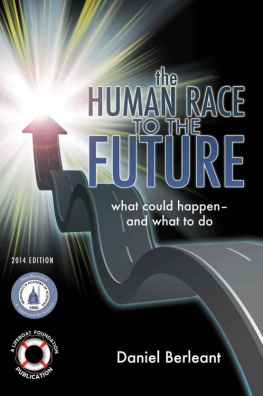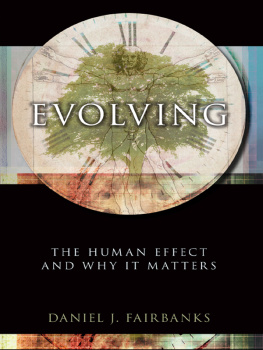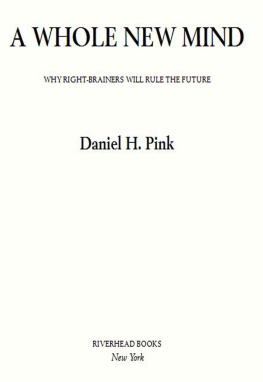Henry A. Kissinger served as the 56th US Secretary of State from September 1973 until January 1977. He also served as the Assistant to the President for National Security Affairs from January 1969 until November 1975. He received the Nobel Peace Prize in 1973, the Presidential Medal of Freedom in 1977, and the Medal of Liberty in 1986. Currently, he is chairman of Kissinger Associates, an international consulting firm.
Eric Schmidt is a technologist, entrepreneur, and philanthropist. He joined Google in 2001, helping the company grow from a Silicon Valley start-up to a global technological leader. He served as chief executive officer and chairman from 2001 to 2011, and as executive chairman and technical advisor thereafter. Under his leadership, Google dramatically scaled its infrastructure and diversified its product offerings while maintaining a culture of innovation. In 2017, he cofounded Schmidt Futures, a philanthropic initiative that bets early on exceptional people making the world better. He is the host of Reimagine with Eric Schmidt , a podcast exploring how society can build a brighter future after the COVID-19 pandemic.
Daniel Huttenlocher is the inaugural dean of the MIT Schwarzman College of Computing. Previously, he served as founding dean and vice provost of Cornell Tech, the digital technology-oriented graduate school established by Cornell University in New York City. He has a mix of academic and industry experience: computer science faculty member at Cornell and MIT, researcher and manager at the Xerox Palo Alto Research Center (PARC), and CTO of a fintech start-up. Currently, he serves as the chair of the board of the John D. and Catherine T. MacArthur Foundation, and as a member of the boards of Amazon and Corning.
By Henry A. Kissinger
A World Restored: Metternich, Castlereagh and the Problems of Peace, 181222
Nuclear Weapons and Foreign Policy
The Necessity for Choice: Prospects of American Foreign Policy
White House Years
Years of Upheaval
Diplomacy
Years of Renewal
Does America Need a Foreign Policy? Toward a Diplomacy for the 21st Century
Ending the Vietnam War: A History of Americas Involvement in and Extrication from the Vietnam War
Crisis: The Anatomy of Two Major Foreign Policy Crises
On China
World Order
By Eric Schmidt
Trillion Dollar Coach: The Leadership Playbook of Silicon Valleys Bill Campbell
How Google Works
The New Digital Age: Transforming Nations, Businesses, and Our Lives
The Age of AI
And Our Human Future
Henry A. Kissinger,
Eric Schmidt,
Daniel Huttenlocher
www.johnmurraypress.co.uk
First published in Great Britain in 2021 by John Murray (Publishers)
An Hachette UK company
Copyright Henry A. Kissinger, Eric Schmidt and Daniel Huttenlocher 2021
The right of Henry A. Kissinger, Eric Schmidt and Daniel Huttenlocher to be identified as the Authors of the Work has been asserted by them in accordance with the Copyright, Designs and Patents Act 1988.
Cover design by Gregg Kulick
All rights reserved. No part of this publication may be reproduced, stored in a retrieval system, or transmitted, in any form or by any means without the prior written permission of the publisher, nor be otherwise circulated in any form of binding or cover other than that in which it is published and without a similar condition being imposed on the subsequent purchaser.
A CIP catalogue record for this title is available from the British Library
eBook ISBN 978-1-529-37600-5
John Murray (Publishers)
Carmelite House
50 Victoria Embankment
London EC4Y 0DZ
www.johnmurraypress.co.uk
Look out for linked text (which is in blue) throughout the ebook that you can select to help you navigate between notes and main text.
The authors dedicate this book to Nancy Kissinger, whose distinctive blend of poise, grace, grit, and intellect is a gift to us all
Contents
Preface
Five years ago, the subject of artificial intelligence (AI) appeared on the agenda of a conference. One of us was on the verge of missing the session, assuming it would be a technical discussion beyond the scope of his usual concerns. Another urged him to reconsider, explaining that AI would soon affect nearly every field of human endeavor.
That encounter led to discussions, soon joined by the third author, and eventually, to this book. AIs promise of epoch-making transformations in society, economics, politics, and foreign policy portends effects beyond the scope of any single authors or fields traditional focuses. Indeed, its questions demand knowledge largely beyond human experience. So we set out together, with the advice and cooperation of acquaintances in technology, history, and the humanities, to conduct a series of dialogues about it.
Every day, everywhere, AI is gaining popularity. An increasing number of students are specializing in it, preparing for careers in or adjacent to it. In 2020, American AI start-ups raised almost $38 billion in funding. Their Asian counterparts raised $25 billion. And their European counterparts raised $8 billion. Three governments the United States, China, and the European Union have all convened high-level commissions to study AI and report their findings. Now political and corporate leaders routinely announce their goals to win in AI or, at the very least, to adopt AI and tailor it to meet their objectives.
Each of these facts is a piece of the picture. In isolation, however, they can be misleading. AI is not an industry, let alone a single product. In strategic parlance, it is not a domain. It is an enabler of many industries and facets of human life: scientific research, education, manufacturing, logistics, transportation, defense, law enforcement, politics, advertising, art, culture, and more. The characteristics of AI including its capacities to learn, evolve, and surprise will disrupt and transform them all. The outcome will be the alteration of human identity and the human experience of reality at levels not experienced since the dawn of the modern age.
This book seeks to explain AI and provide the reader with both the questions we must face in coming years and the tools to begin answering them. The questions include:
| What do AIenabled innovations in health, biology, space, and quantum physics look like? |
| What do AIenabled best friends look like, especially to children? |
| What does AIenabled war look like? |
| Does AI perceive aspects of reality humans do not? |
| When AI participates in assessing and shaping human action, how will humans change? |
| What, then, will it mean to be human? |
For the past four years, we and Meredith Potter, who augments Kissingers intellectual pursuits, have been meeting, considering these and other questions, trying to comprehend both the opportunities and the challenges posed by the rise of AI. In 2018 and 2019, Meredith helped us translate our ideas into articles that convinced us we should and with her continued help, we could expand them into this book.
Our last year of meetings coincided with the COVID-19 pandemic, which forced us to meet by videoconference a technology that not long ago was fantastical, but now is ubiquitous. As the world locked down, suffering losses and dislocations it has only suffered in the past century during wartime, our meetings became a forum for human attributes AI does not possess: friendship, empathy, curiosity, doubt, worry.





